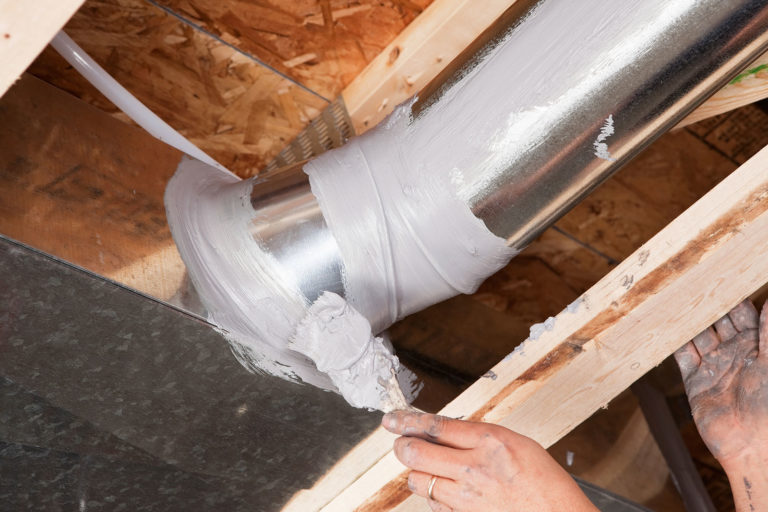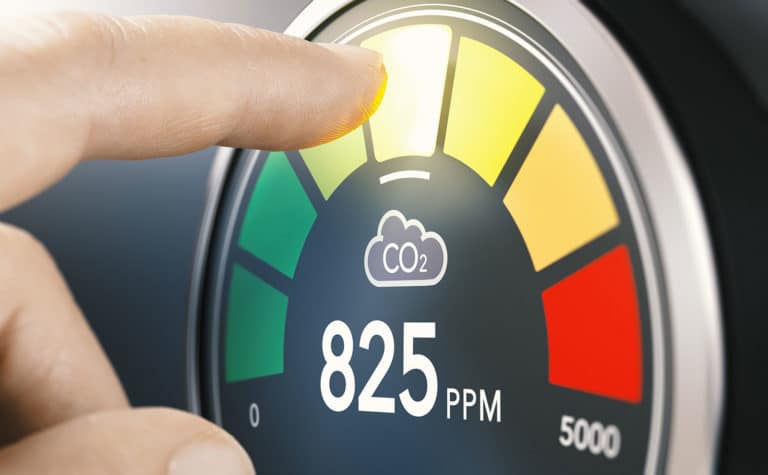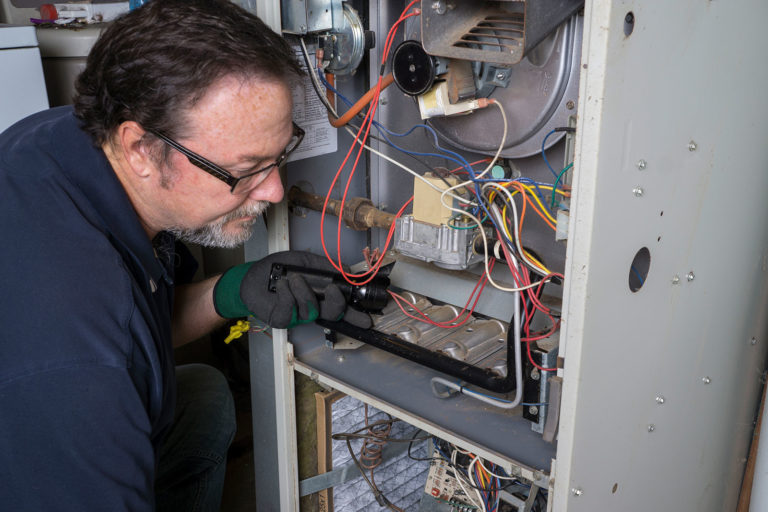Four Tips To Prepare Air Conditioning For Summer
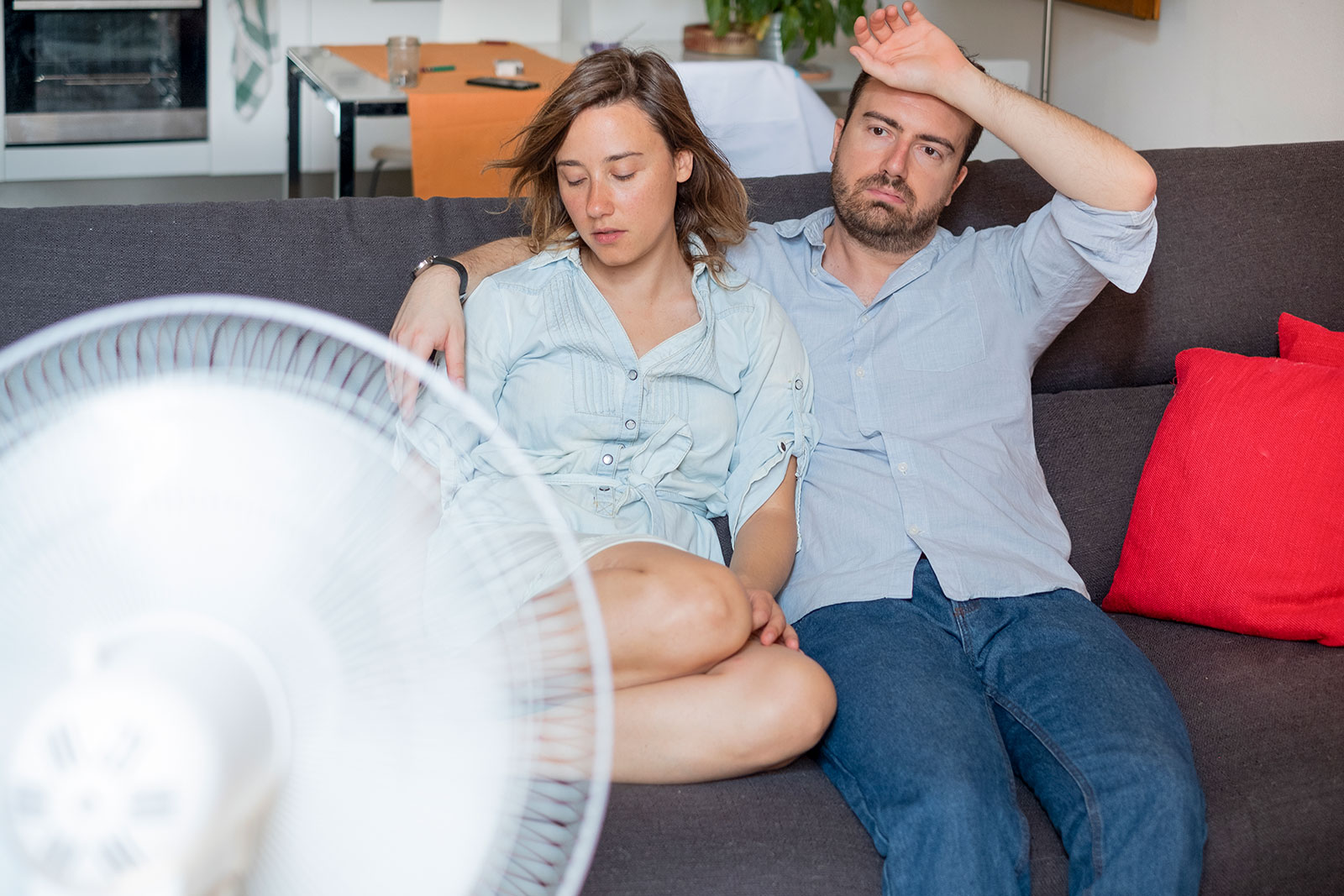
FFour Tips To Prepare Air Conditioning For Summer
Spring is coming to an end, and it’s time to prepare air conditioning for summer. Your air conditioner will be running basically nonstop throughout the summer in Tampa, FL. To avoid untimely ac repairs, make sure it’s ready for the extra work with four simple maintenance checks.
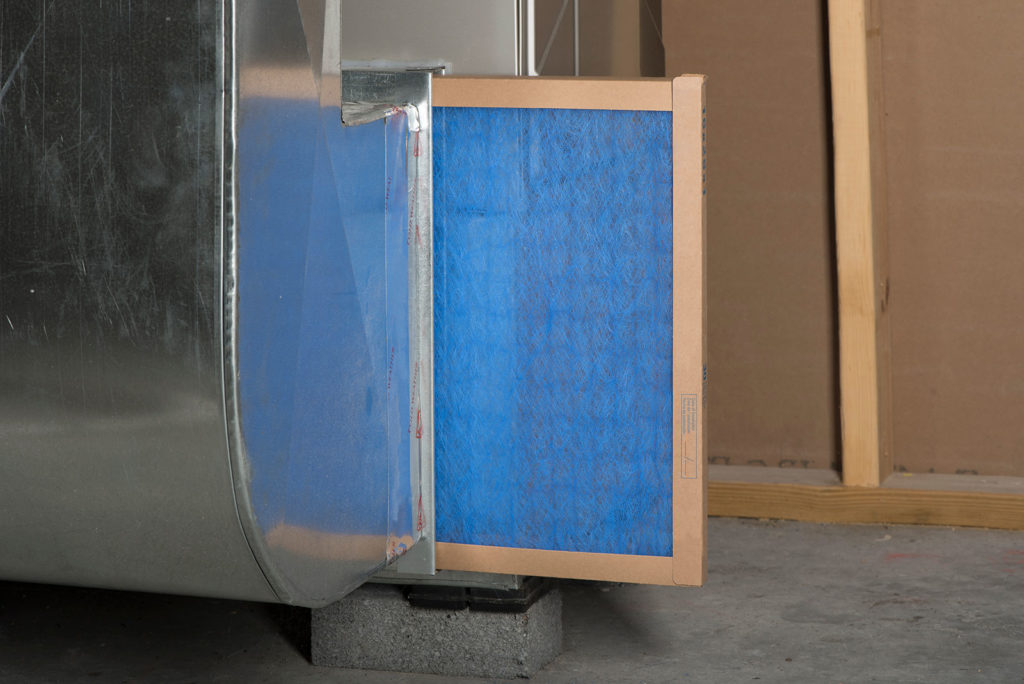
Replace the AC air filter
Remove your ac air filter and inspect the surface. If dirt or mold is collecting on the surface of the filter, replace it with a new filter. A dirty air conditioning air filter can restrict the airflow to your air conditioner. This can cause the air conditioner to overwork, which can result overheating and malfunction. Summer in Sarasota, Florida is the worst time for air conditioning to quit. Be prepared by replacing the air filter at least every 3 months. During the summer air filters can get dirty faster, so replacing them every 30 days is a good habit for summer.
Keep the outdoor ac unit free of debris
Be certain no debris such as leaves or paper are obstructing the airflow intake of the outside air conditioning unit. Tall plants and grass, moss, paper, etc. can collect in and around the ac unit. This will restrict the airflow to the air conditioner and create a potential for a breakdown. Decorative covers are similar to debris in their potential for obstructing the air flow. Consider removing any decorative ac covers to promote optimal performance and operation life of your air conditioner.
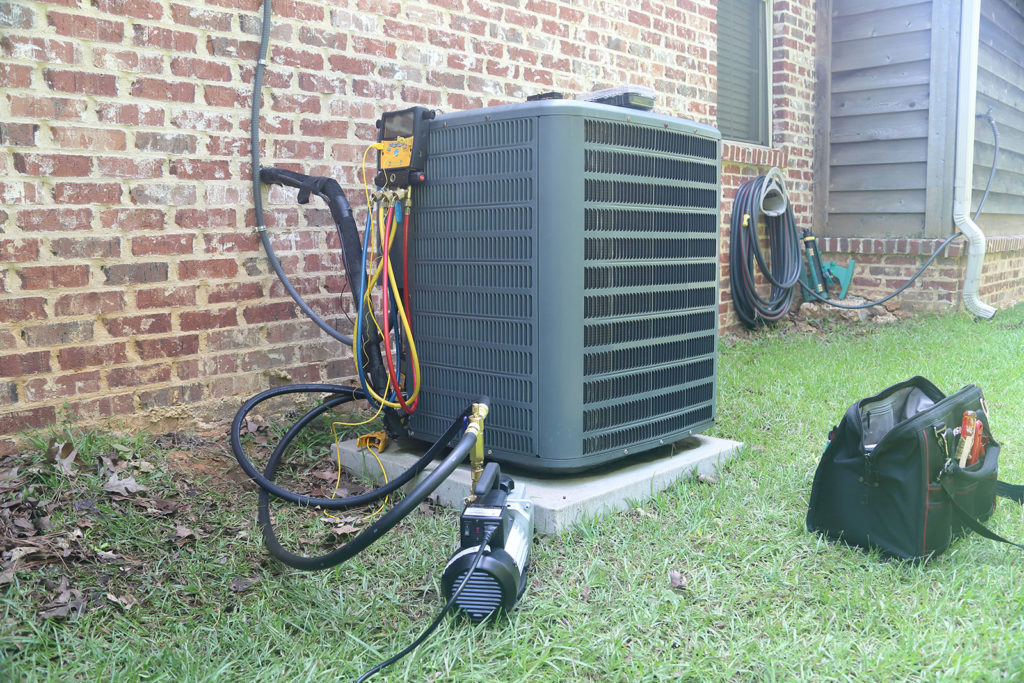
Leaves are a common ac problem, as they get sucked into the air conditioner airflow intake and create blockage. This blockage will prevent the outdoor unit from moving heat from inside your house to outside. Your air conditioner will compensate for the air flow restriction by working harder to push heat outside, increasing energy costs and compromising the lifespan of the equipment.
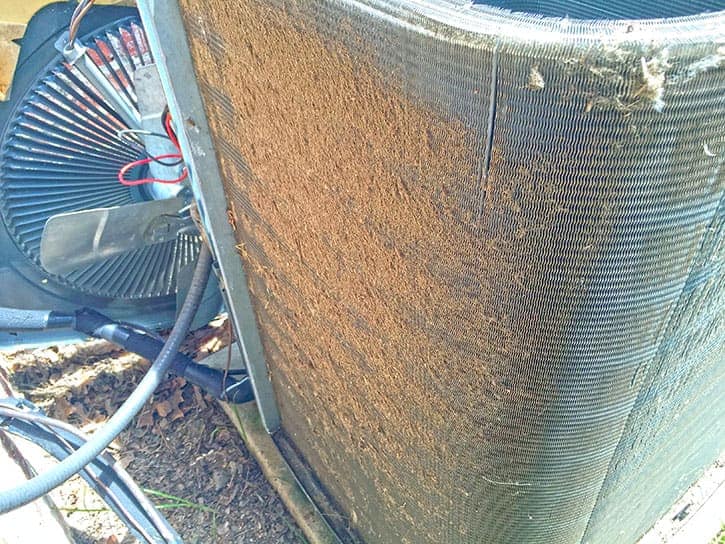
A tidy outdoor air conditioner enables better airflow, which increases operational efficiency of the equipment and reduces overall costs.
Make sure the AC room vents are open
Check the ceiling and wall vents in your rooms to be sure they are open and free of obstruction. Ensure free airflow by repositioning furniture or drapes that could block an air vent. Optimal airflow will ensure your air conditioning operates efficiently, which will save you money on electrical costs and prevent equipment repairs.
Check the AC drain line
Air conditioners remove humidity from the warm air it pushes from inside your house to the outdoors. During this process, humidity condensates as water and is drained outdoors through a condensate drain pipe. Find the condensate drain pipe and inspect it to ensure the condensated water is draining. A clogged drain can inhibit the performance of your air conditioning. To unclog the condensate drain, use a wetvac and try to vacuum the clog out. If this fails call an air conditioning repair company to clear the condensate drain.
Schedule air conditioning maintenance twice a year
Air conditioner manufacturers recommend bi-annual maintenance inspections. Air conditioning maintenance inspections should include:
- Lubricate motors
- Clean air filter
- Test operating pressures
- Clean drain lines
- Calibrate thermostat
- Test safety switch
- Test capacitors
- Check amp relays
- Test reversing valve
- Test defrost board
- Test freon metering device
- Check amps on blower
- Test safety controls
- Check for freon leaks
- Clean condenser coil
- Inspect blower wheel
- Inspect drain pan
- Check contact points
- Check amps on fan
- Spray rust inhibitor
- Spray mold and mildew killer
- Test compressor starting
- Check airflow temperature
- Inspect wire connections
- Check voltage
- Inspect for rust/corrosion
- Test heating element
- Check crankcase heater


